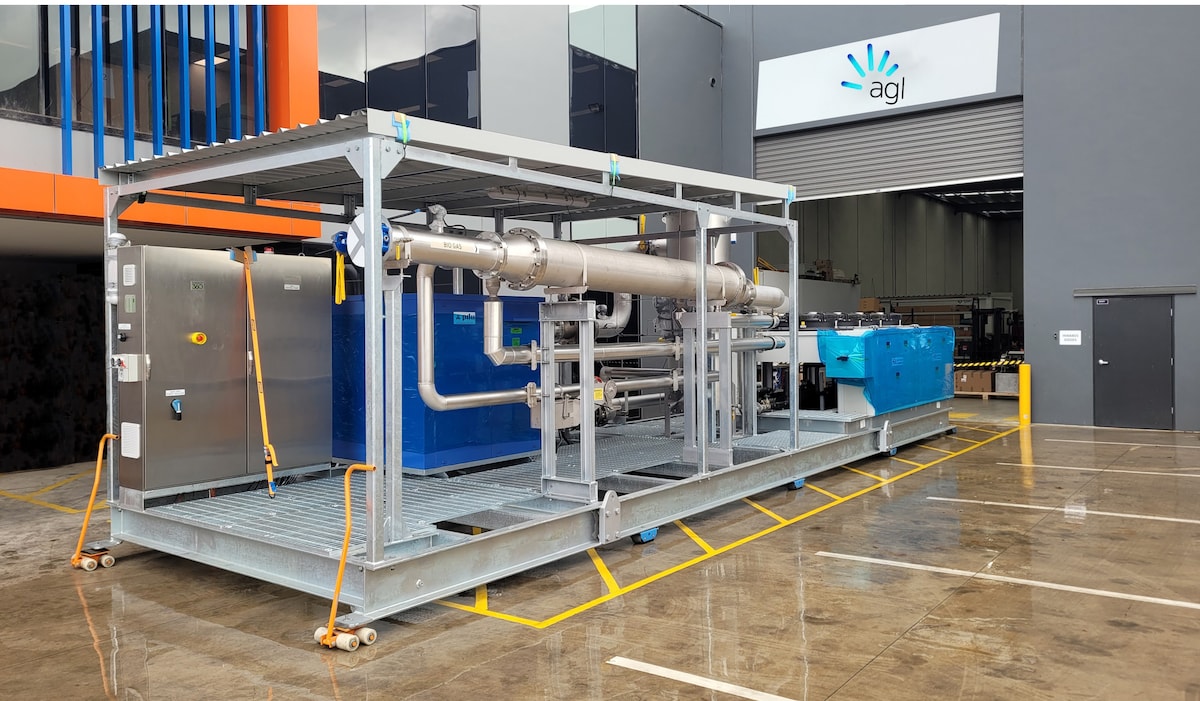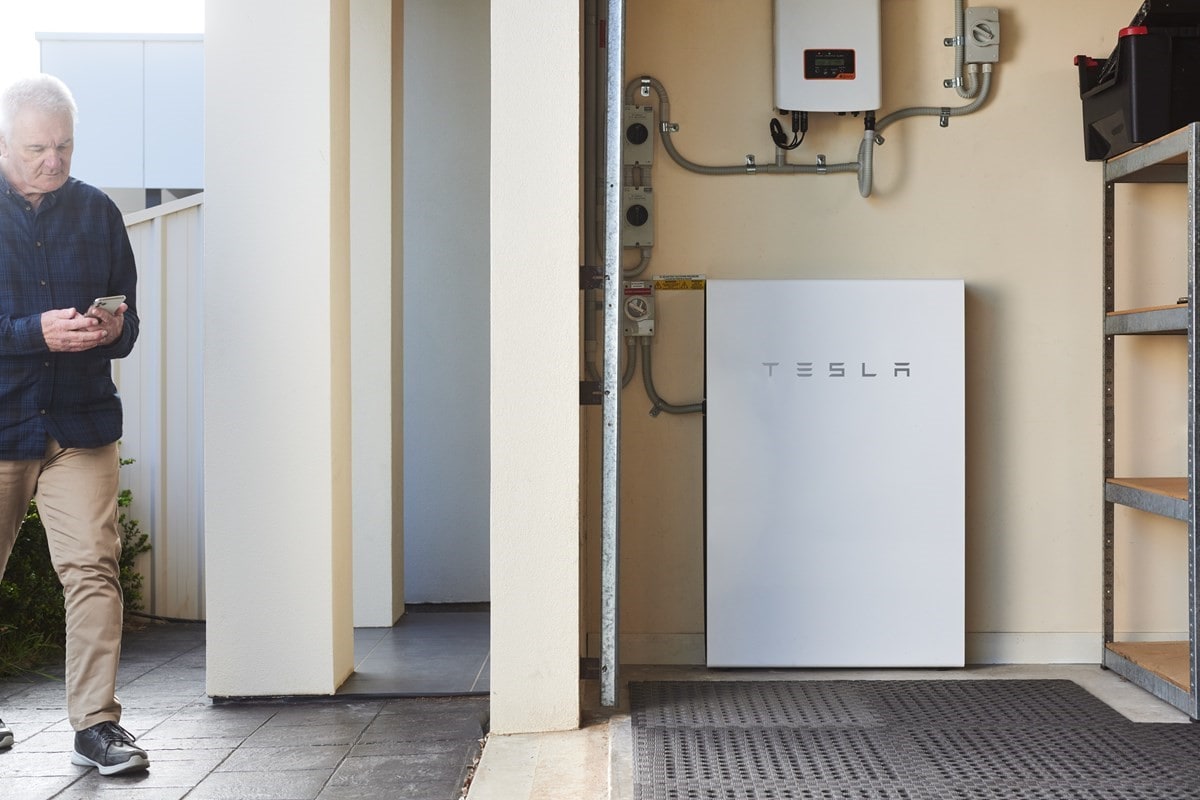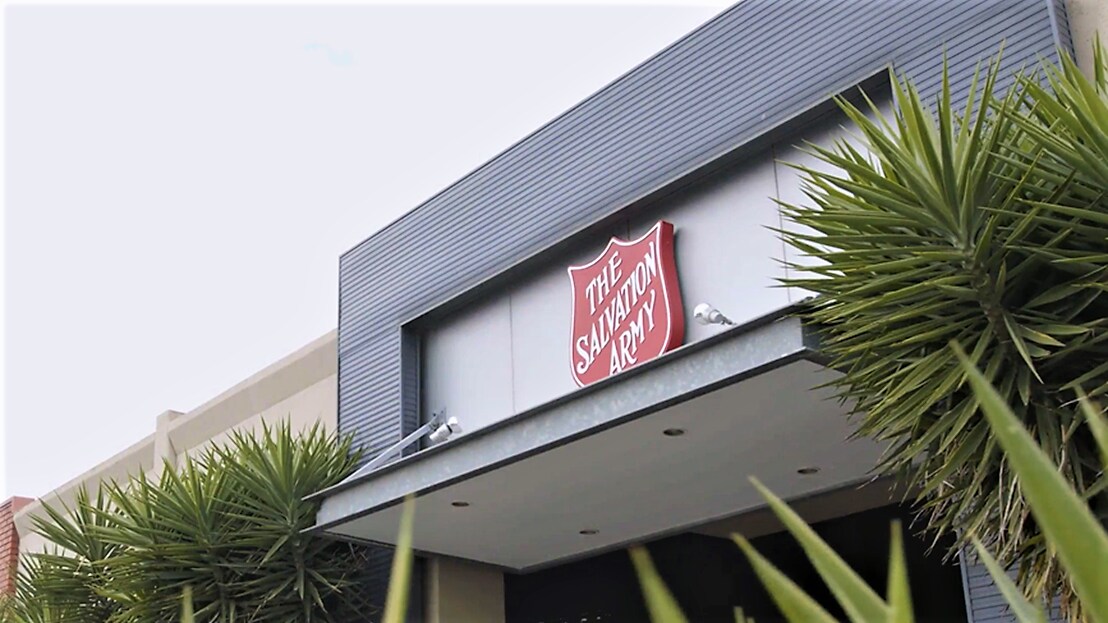Key Takeaways
Biogas is a form of fuel made from organic waste such as food, crop waste and manure.
While biogas still emits carbon dioxide when it’s used, it’s made from organic material that takes carbon from the atmosphere during growth, making it a greener fuel option.
Biogas can be used to help generate electricity, steam, and heat to power production in a more sustainable, cost-effective way.
Key to creating a more sustainable energy future for Australia is identifying opportunities to help large commercial and industrial organisations play their part in the fight.
One way we’re doing that is by helping organisations with a steady stream of organic waste to reduce their methane emissions, with the aim to try to turn a major environmental negative into a positive.
Methane is one of the primary culprits of climate change. According to the United Nations Environment Program (UNEP) and the Climate and Clean Air Coalition, this harmful greenhouse gas is 80 times more potent at warming than carbon dioxide over a 20 year period. An alternative energy source called biogas can help reduce dangerous emissions reaching the air we breathe.
So, what is biogas, and how can it play a role in a more sustainable future for all?



